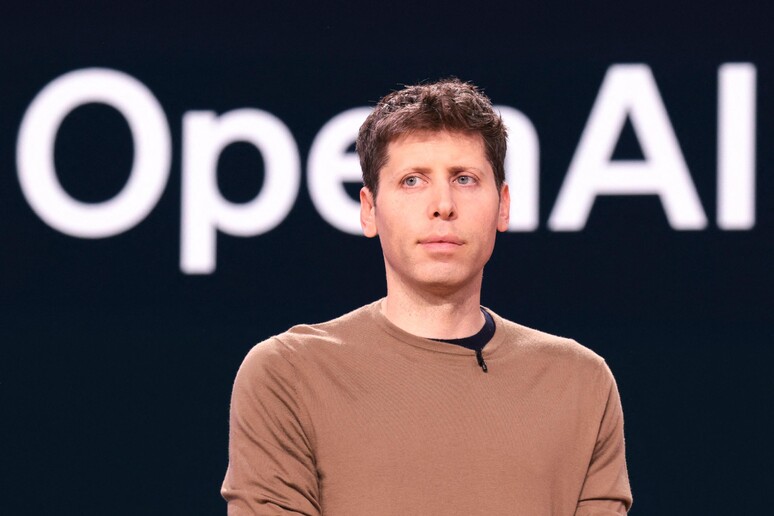After weeks of public pressure, ethical concerns, and discussions with the attorneys general of California and Delaware, OpenAI has reversed course: control of the company will not be handed over to private investors but will remain firmly in the hands of the original nonprofit foundation, a move that many observers interpret as a strong signal of transparency and accountability at a critical moment for the future of artificial intelligence.
On Monday, CEO Sam Altman informed employees of the decision to maintain the current structure: the nonprofit organization will continue to oversee the company’s commercial branch. Altman reiterated that the company was founded as a non profit entity, currently supervises a for-profit division, and will retain this model going forward.
This direction was confirmed by Bret Taylor, chair of OpenAI’s nonprofit board, who explained that the company’s commercial arm will be converted into a Public Benefit Corporation PBC a legal structure designed to balance shareholders’ interests with broader social goals.
The PBC will remain under the control of the nonprofit, which will also serve as its majority shareholder. Altman believes this model will enable the institution to raise resources to fund programs that enhance AI’s positive impact on key sectors such as healthcare, education, public services, and scientific research.
The entrepreneur also emphasized that the chosen framework aligns with OpenAI’s very identity, stating that it is not a “normal company” and never will be. He added that the nonprofit board is now tasked with proposing initiatives to foster a more democratic future for artificial intelligence one that benefits everyone, not just a privileged few.
This shift also serves as an indirect response to Elon Musk, OpenAI’s co-founder and now one of its harshest critics. Musk had accused the company of betraying its original mission in favor of profit and, earlier this year, led a $97.4 billion bid to acquire the foundation’s assets. His legal team had stated that the offer would be withdrawn if OpenAI abandoned its commercial restructuring.
Altman consistently denied any intention to sell the company, and the board unanimously rejected the billionaire’s offer. Today’s decision thus marks a symbolic victory for those advocating for AI in the public interest even at the cost of forgoing capital and market opportunities.












